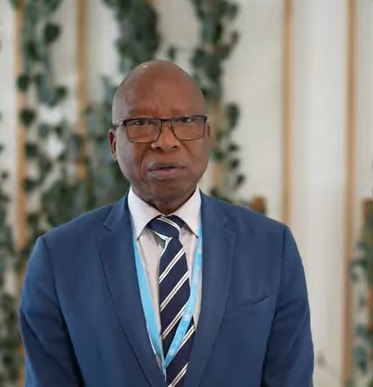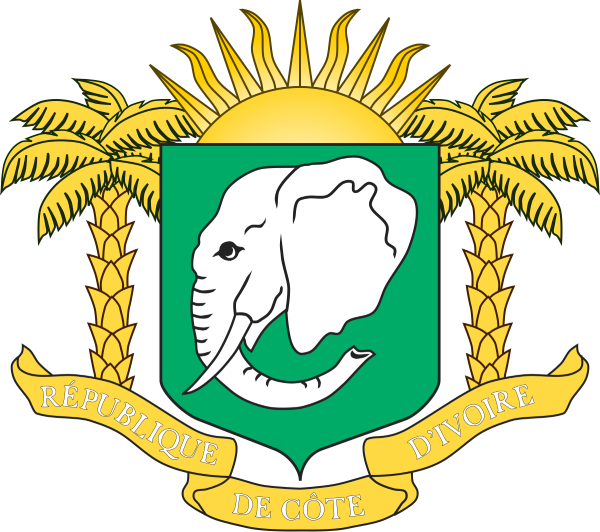
Current Position
Minister of Public Health, Republic of Guinea-Bissau
Background
Pedro Tipote is the Minister of Public Health of the Republic of Guinea-Bissau. He has been instrumental in leading national efforts to improve the country’s health system through reforms focused on maternal health, digital transformation, and institutional integrity.
Experience
In March 2025, he oversaw the launch of the Presidential Initiative for the Reduction of Maternal Mortality, a program supported by UNFPA. The initiative aims to expand access to emergency obstetric care and address preventable maternal deaths, which declined from 746 to 548 per 100,000 live births between 2018 and 2022. Later in 2024, Tipote collaborated with UNDP and Health Governance International to introduce health governance training for Ministry of Health officials. The training was part of a broader strategy to strengthen accountability, transparency, and ethical leadership within the health system. In May 2025, Tipote led a delegation to Italy to formalize a partnership with Antares Vision Group for the implementation of Guinea-Bissau’s first digital pharmaceutical traceability system. This initiative seeks to ensure the safety and quality of medicines through real-time tracking and verification mechanisms, enhancing drug security and combating counterfeit pharmaceuticals.
Expertise
Pedro Tipote is widely regarded as a reform-minded leader, committed to modernizing Guinea-Bissau’s health sector through policy innovation, strategic partnerships, and health equity programs that address the most urgent needs of the population.
Achievements
He has also worked closely with international partners such as China, publicly recognizing the Chinese medical team serving at Canchungo Regional Hospital for delivering essential care to underserved populations. His appreciation for international collaboration extends to engagements with organizations such as UNFPA, from whom he received essential reproductive health kits worth $175,000 to mitigate medicine shortages for women and newborns.




